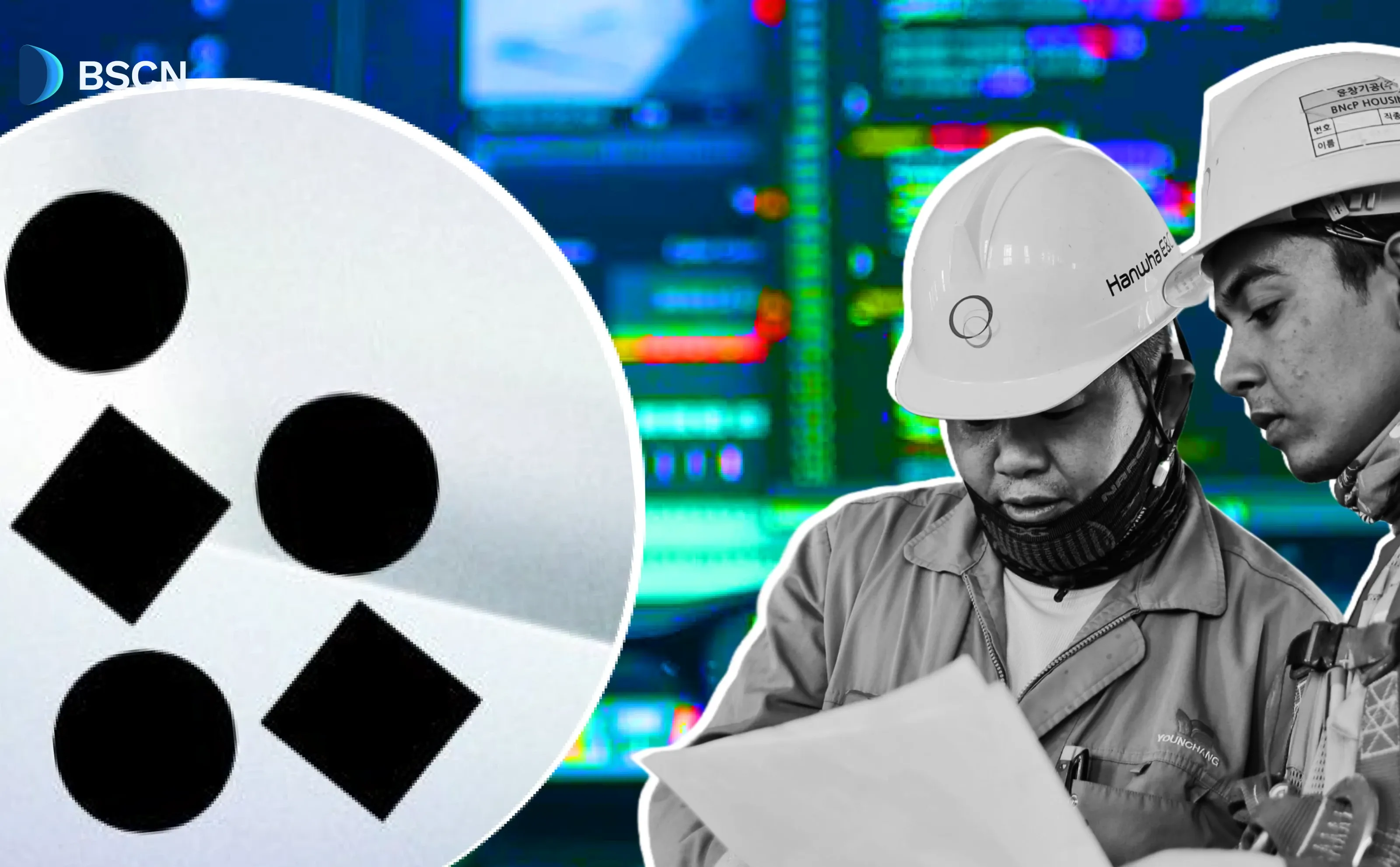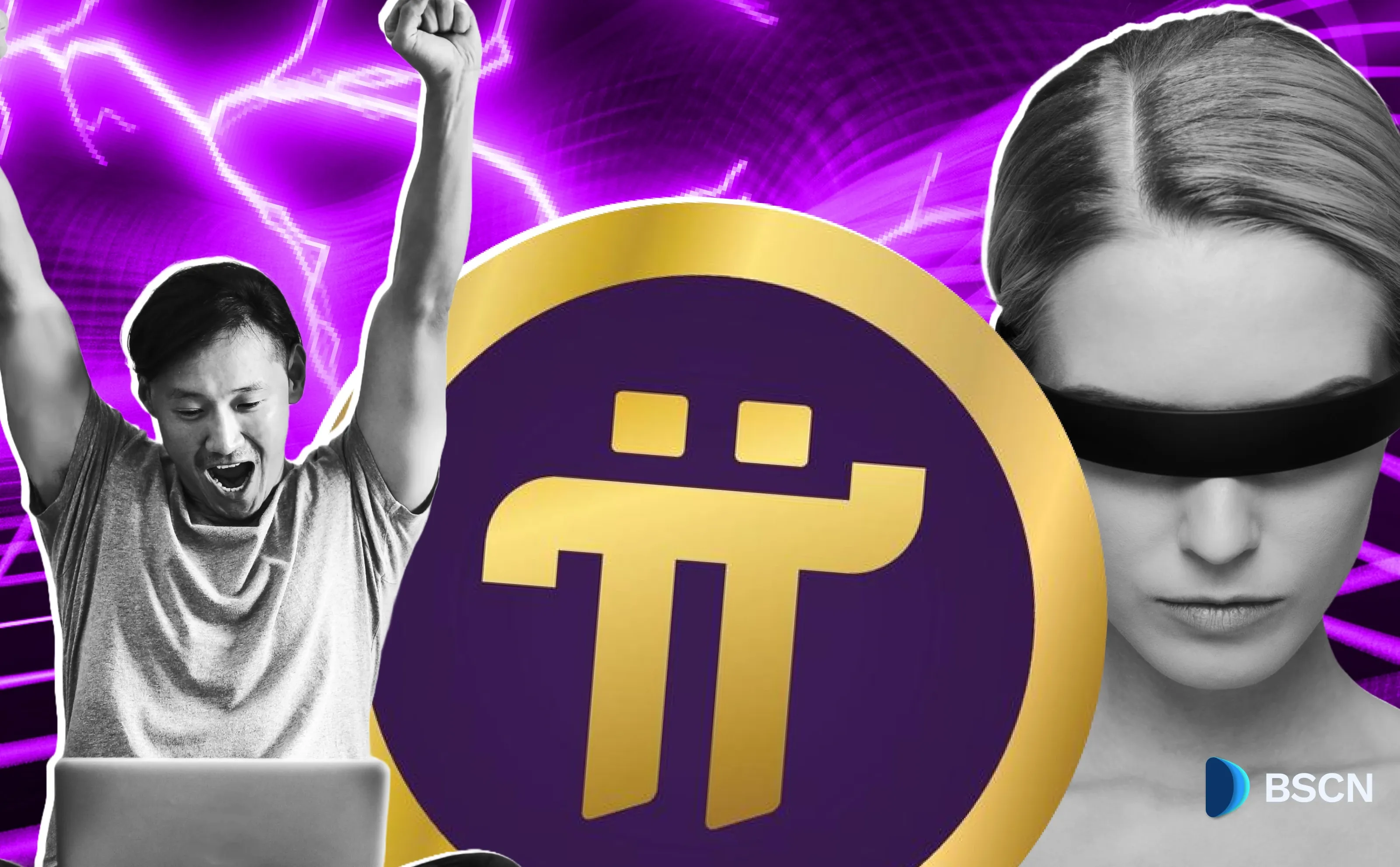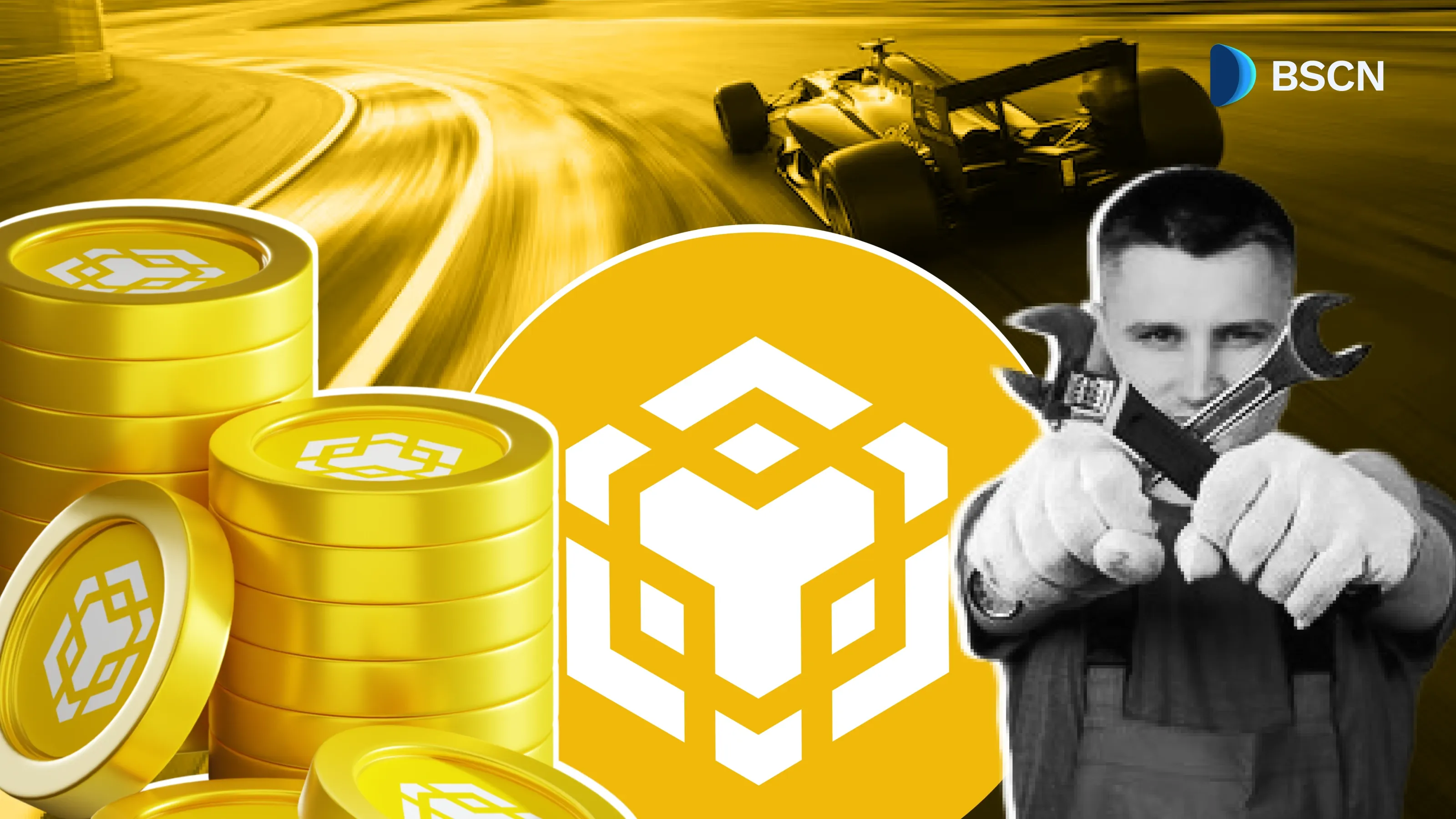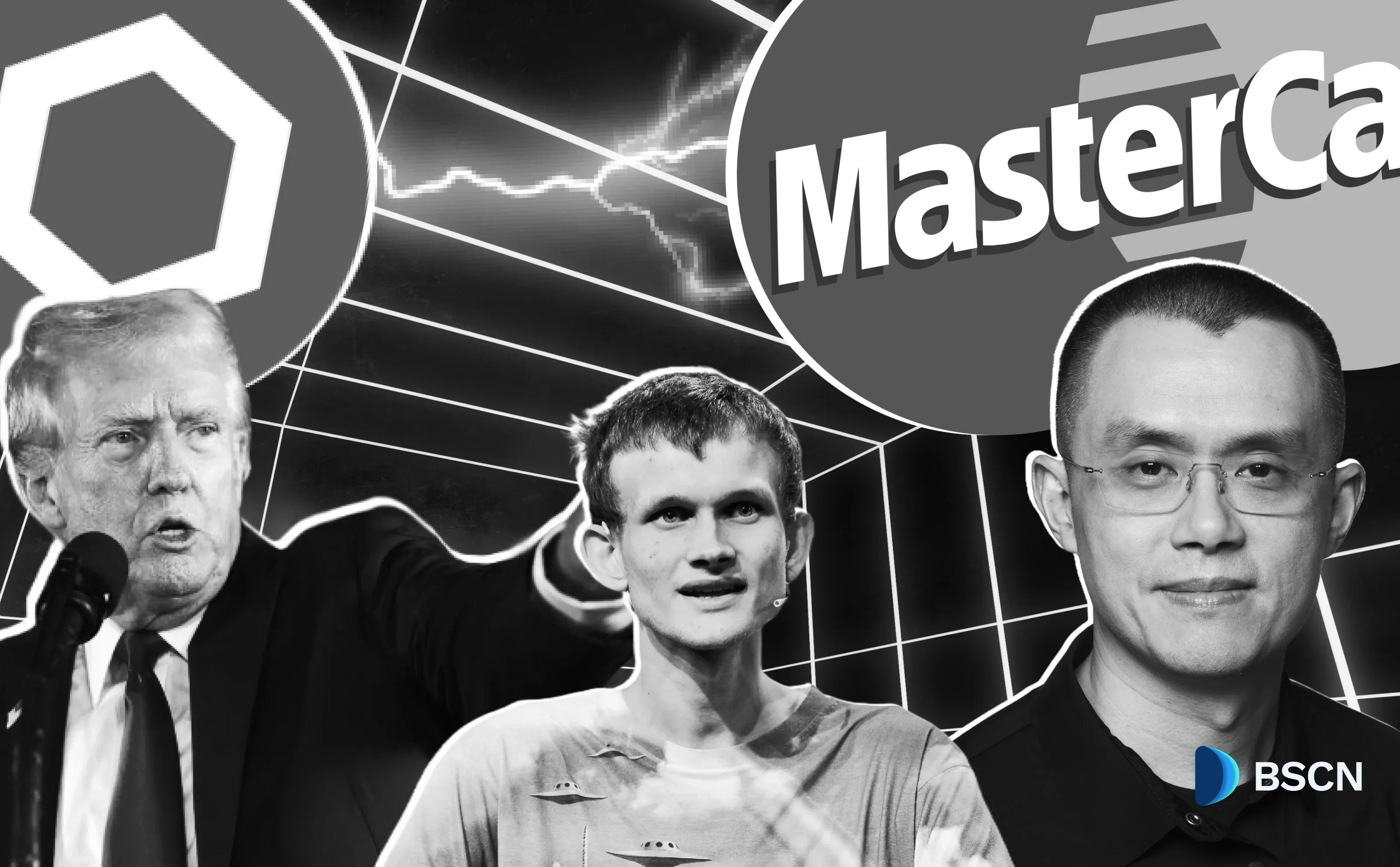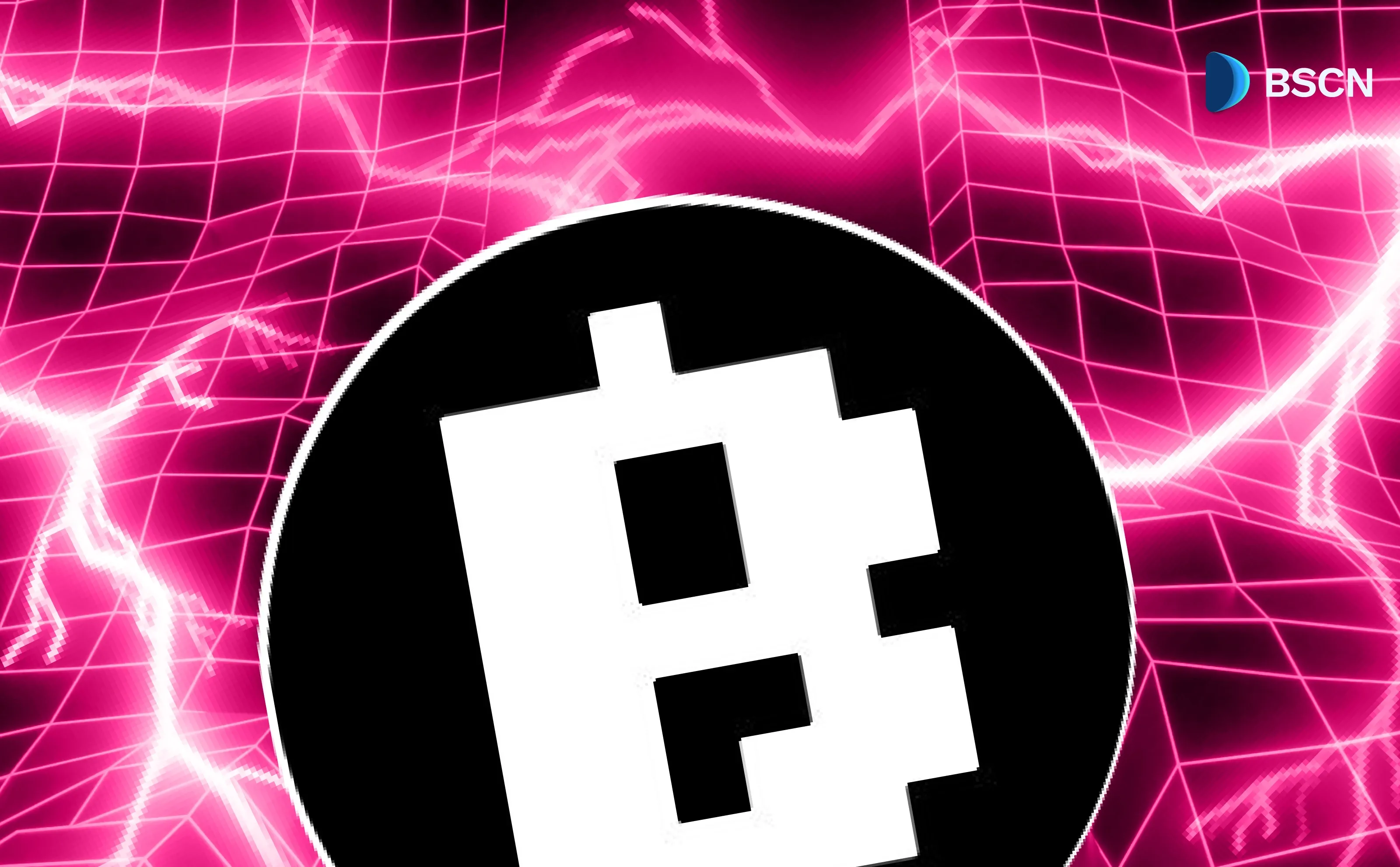ICP
In Comparison: The Internet Computer vs. Other Blockchains

The Internet Computer comparatively outperforms all other major blockchain networks, fitting its potential to reinvent the internet.
BSCN
January 31, 2023
Internet Computer Compared to Other Blockchains
The Internet Computer is here to usher in a new blockchain revolution. As the world moves to bring more of our lives on chain, the scalability, speed, and security of each blockchain are crucial to its potential adoption in the mainstream.
So far, Ethereum has reigned supreme across the blockchain in terms of popularity. As the original smart contract deployer, Ethereum ushered in the world of Web3 recognizable today.
But there is another step coming. One which has the power to grow the world of Web3 at a level unattainable by any other blockchain at this time. The level will be reached by the Internet Computer.
Here we take a look at the Internet Computer in comparison to other major blockchain networks in Web3 to see why it has the potential to usher in this new revolution.
Consensus Mechanism
The blockchain industry has operated mainly between two basic consensus systems so far: proof-of-work and proof-of-stake. Apart from Bitcoin, nearly all major networks now operate with a proof-of-stake model. The Internet Computer system has its own Chain Key innovation to perform blockchain processes without limits.
- Ethereum: proof-of-stake (PoS) consensus protocol
- BNB Chain: proof-of-staked-authority (PoSA)
- Solana: proof-of-history (PoH) and proof-of-stake (PoS) mechanism
- Avalanche: proof-of-stake (PoS) consensus protocol
- Internet Computer: Chain key technology, threshold relay
Validator Count
Validator count is a key metric for measuring the relative centralization and scalability of a blockchain.
- Ethereum: very decentralized, has over 500,000 validators
- BNB Chain: very centralized, has around 40 validators
- Solana: moderately decentralized, has over 2,200 validators
- Avalanche: moderately decentralized, has over 1,200 validators
- Internet Computer: moderately decentralized, unlimited nodes capabilities, has over 1, 200 validators
Storage Data Cost
The data storage capability of the ICP system also helps it stand out. The network stores
All other chains resort to data API packagers like Bitquery to manipulate the data and then usually store the data on conglomerate Web2 providers like Amazon and Google. The ICP way of storing data is more ecological as well as smarter economics because it stores the data entirely on chain without the need for any third-party providers.
- Ethereum: $79 million estimated annually via third party
- BNB Chain: price unknown
- Solana: $110k per gigabyte estimated annually via third party
- Avalanche: price unknown
- Internet Computer: $5 annually, completely on chain
Scalability
So far, the blockchains of the world have been surprisingly limited in ability. For the world of mass adoption to arrive, chains like Ethereum and BNB Chain, which are the most active and voluminous chains in the world, must improve throughput capabilities to accommodate more transactions. The ICP does not have that problem and uses exponentially growing subnets of nodes to allow indefinite scalability.
- Ethereum: Improving scalability
- BNB Chain: Moderate scalability
- Solana: Unreliable network and scalability
- Avalanche: Varied scalability
- Internet Computer: Unlimited scalability
Blockchain Speed
Every blockchain has different speeds and capabilities. Unlike with scalability, the metrics are measurable and comparable. Metris like block size, block time, average transaction size, and transactions-per-second (TPS) can be used to compare the processing speed of a blockchain. Using its innovative Chain Key feature, the Internet Computer is by far the fastest blockchain processor.
- Ethereum: 100,000 TPS for ETH 2.0 / 14 minutes finality
- BNB Chain: 300 TPS / about 1-minute finality
- Solana: 50,000-65,000 TPS / between 13-46 seconds finality
- Avalanche: 4,500 TPS (per subnet) / about 2-3 seconds finality
- Internet Computer: No limit / near instant (user’s web speed)
Transaction Fees
The fees to facilitate transactions are a key metric for users. If the fee is too big, it does not always merit the transaction for some users. The opportunity costs are too high. But as chain scale and grow, the fees can come down. ICP, with all its advanced tech, understandably had one of the fastest speeds.
- Ethereum: a few dollars in $ETH
- BNB Chain: under $1 in $BNB, average $0.18
- Solana: fractions of pennies in $SOL, average $0.00025
- Avalanche: pennies, around $0.03 in $AVAX
- Internet Computer: fractions of pennies, around $0.0005 in $ICP
Conclusion
The Internet Computer outperforms all blockchain networks in nearly every metric. The burgeoning ICP ecosystem has enormous potential to outgrow the other networks due to its innovative, advanced technology. The future of Web3 has a chance to be defined by the Internet Computer because of the unique abilities that set it apart from the rest of the networks. It’s truly a next-level upgrade for blockchain technology.
Note: Much thanks to the Nov. 5 post by Abel Odoh at Infinity Swap which was a major resource for this article.
What is the Internet Computer:
Internet Computer (ICP) is a set of protocols that allow independent data centers around the world to band together and offer a decentralized alternative to the current centralized internet cloud providers. The Internet Computer is a World Computer blockchain that can host and run mass-market social networks, online games, video streaming services, or enterprise systems entirely on the blockchain itself — eliminating the need for centralized IT and cloud services. The native ICP token is used for governance (holders can vote on the future of the network), to reward network participants for good behavior, and is used to pay fees for making transactions.
Where to find the Internet Computer:
Website | Twitter | Medium | Discord |
Latest News
Crypto Project & Token Reviews
Project & Token Reviews
Comprehensive reviews of crypto's most interesting projects and assets
Learn about the hottest projects & tokens
Latest Crypto News
Get up to date with the latest crypto news stories and events

